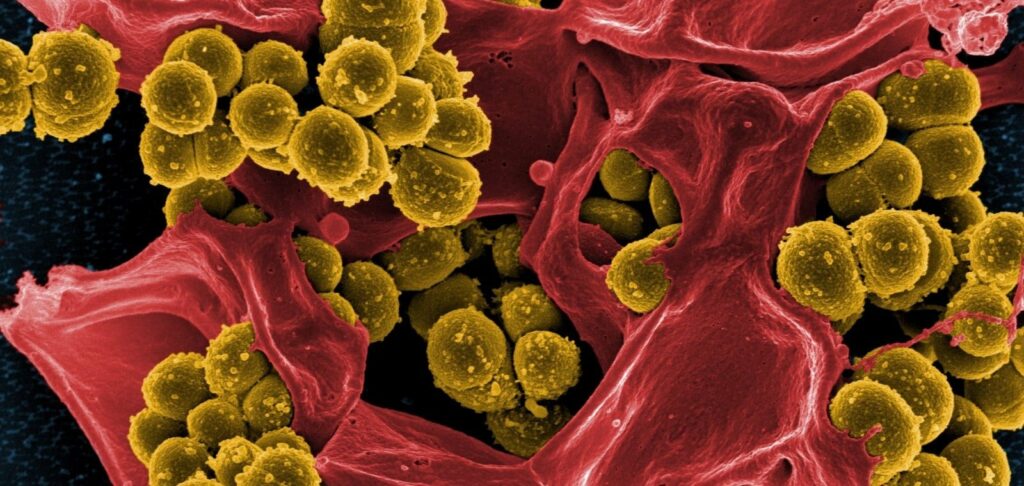
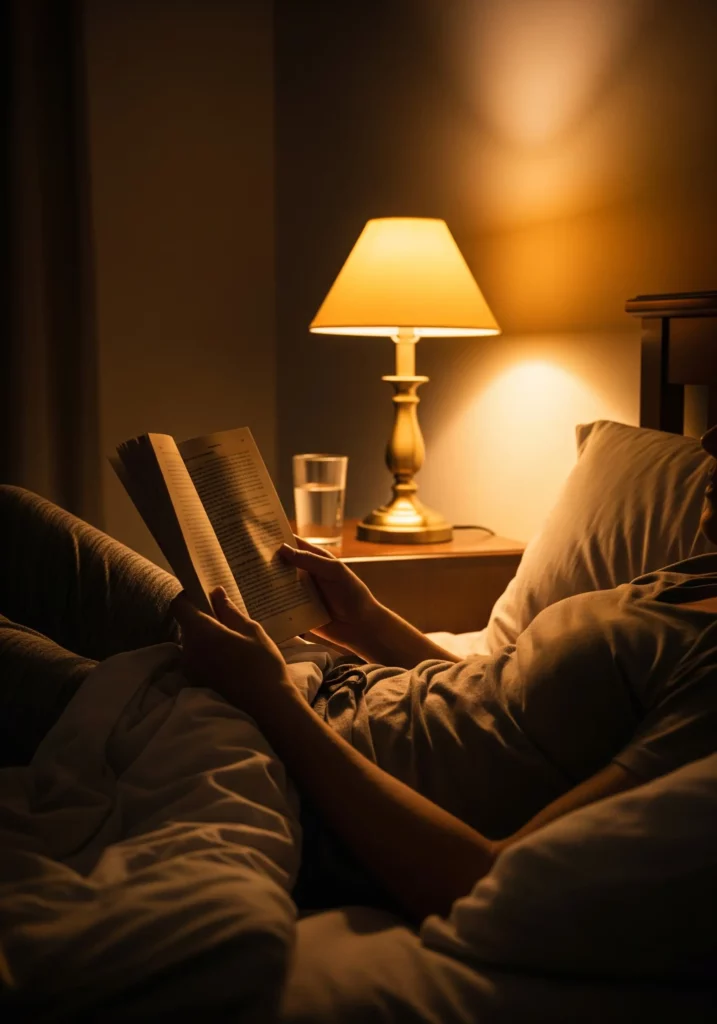
In today’s world, we sleep less than ever before.
The light from screens, night shifts, constant stress, and irregular eating disrupt the natural human biological clock — circadian rhythms.
Their disruption leads not only to insomnia but also to issues with the skin, immunity, mood, and even metabolism.
One of the key regulators of these rhythms is melatonin — a hormone synthesized by the pineal gland during darkness.
However, new studies show that besides classic melatonin, there are other nutraceutical ingredients that affect sleep, relaxation, and recovery phases.
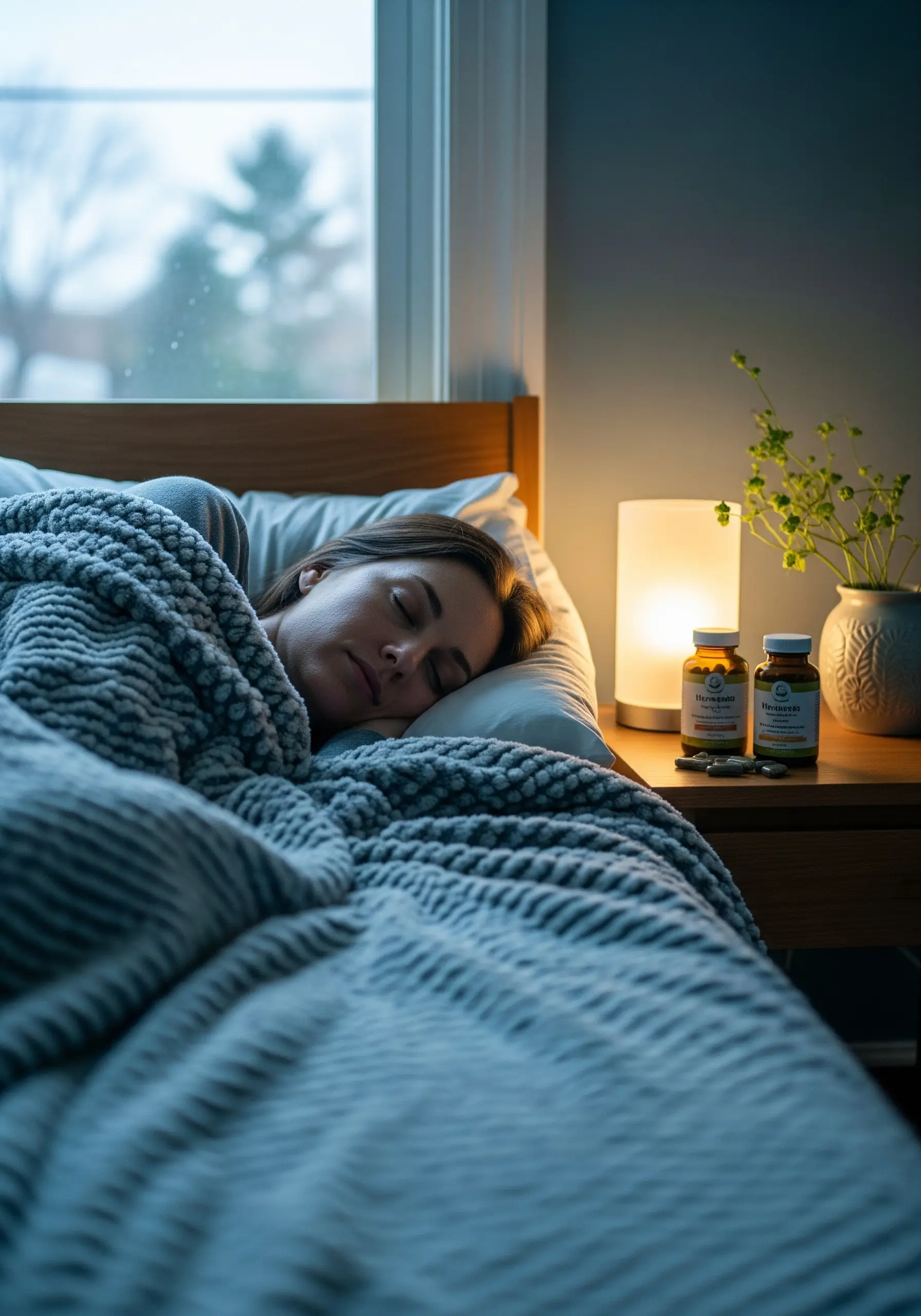
Sleep Biology and the Role of Melatonin
Melatonin is produced from the amino acid tryptophan via the intermediate metabolite serotonin.
Its secretion depends on darkness — even minor light exposure can reduce hormone levels.
The functions of melatonin go far beyond sleep regulation:
-
antioxidant effects;
-
support of immune function;
-
reduction of inflammatory processes;
-
participation in body temperature and glucose metabolism regulation.

Why Circadian Rhythms Get Disrupted
-
Light pollution — blue light from screens suppresses melatonin secretion.
-
Chronic stress — increases cortisol levels, which “competes” with melatonin.
-
Microbiome disruption — gut bacteria influence serotonin and tryptophan synthesis.
-
Irregular eating — shifting meal times affects the liver’s internal clock.
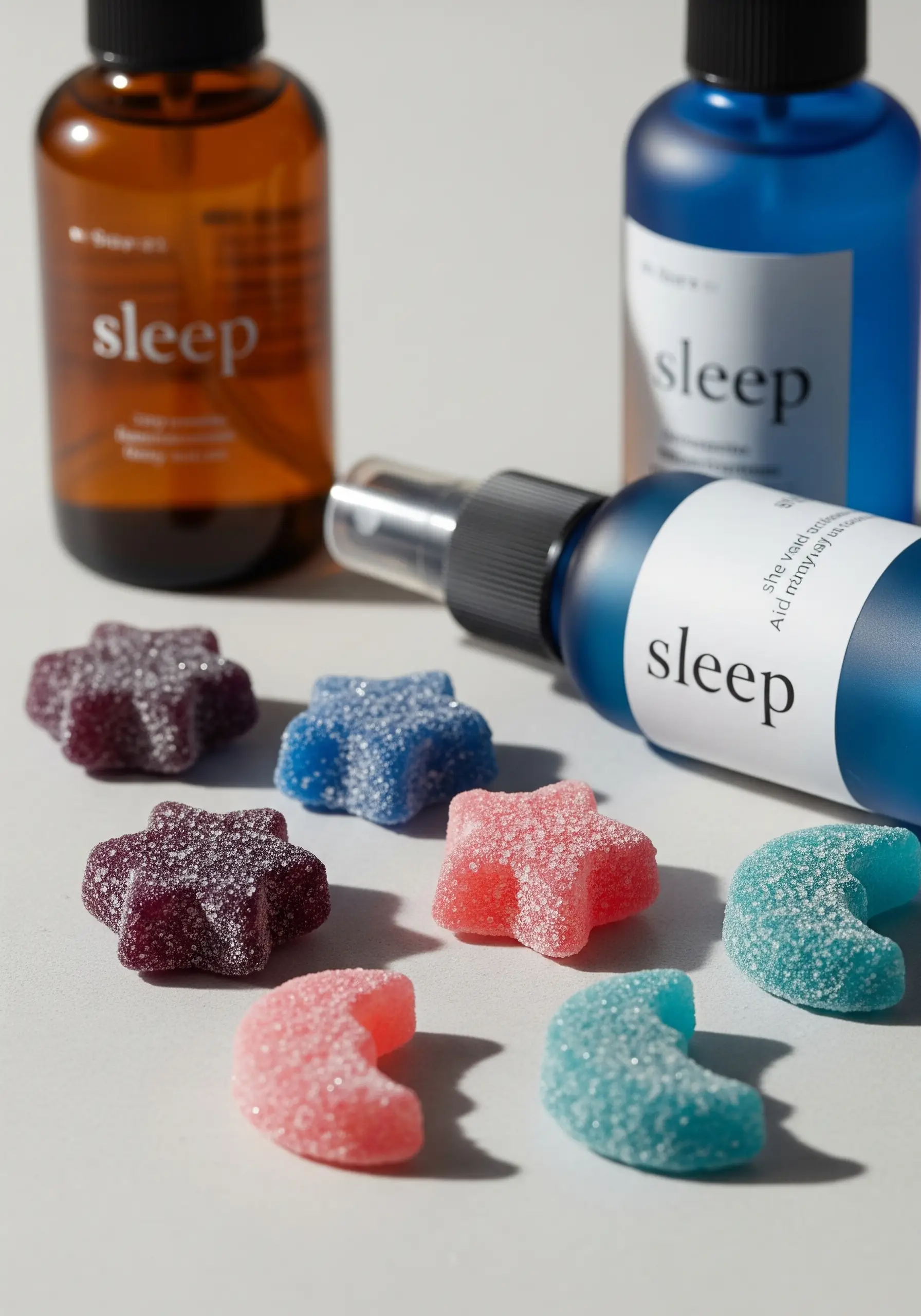
New Nutraceutical Solutions for Sleep
The modern approach is not limited to melatonin alone. New studies show that combinations of L-theanine, glycine, magnesium, GABA, and postbiotics can naturally support sleep onset, deep sleep quality, and recovery.
Table 1. Comparison of classic and modern nutraceuticals for sleep
| Nutraceutical | Mechanism of Action | Features | Benefits |
|---|---|---|---|
| Melatonin | Regulates circadian rhythms, shortens sleep onset | Effective in small doses (0.5–3 mg) | Classic, fast effect |
| L-theanine | Reduces brain β-wave activity, increases α rhythms | Non-drowsy | Calms, improves focus |
| GABA | Inhibits neuronal activity | Poorly crosses the BBB | Works well in combination |
| Glycine | Regulates body temperature, shortens sleep onset | Natural amino acid | Improves sleep quality |
| Magnesium (bioavailable forms) | Activates GABA receptors, reduces cortisol | Citrate, glycinate, L-threonate | Reduces tension |
| Postbiotics (e.g., Lactobacillus rhamnosus GG metabolites) | Support the microbiome and serotonin synthesis | New approach | Improve mood and sleep |
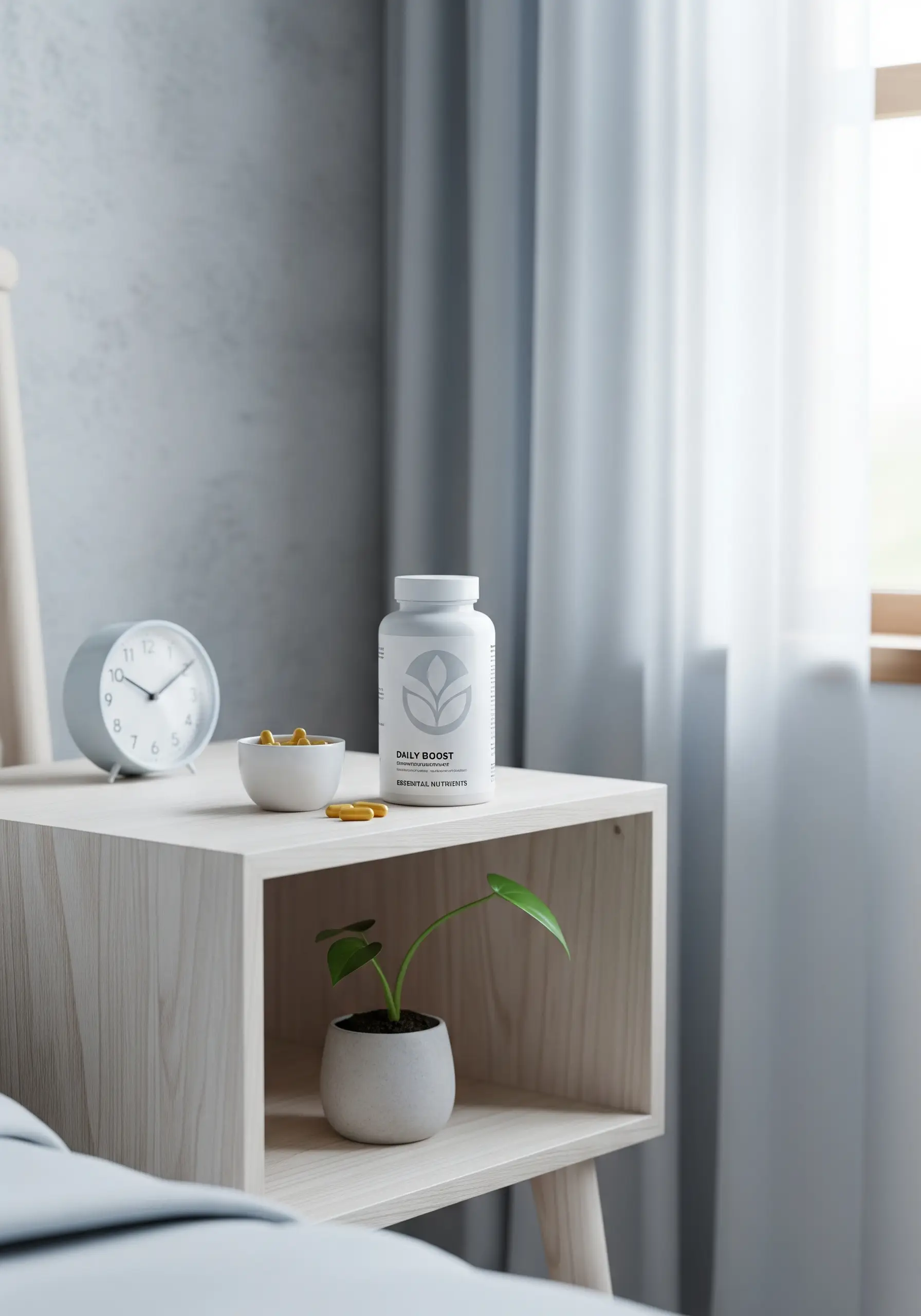
Practical Recommendations
-
Take melatonin or combined formulas 30–60 minutes before sleep.
-
Avoid screens an hour before rest — even 15 minutes of darkness increases endogenous melatonin.
-
Choose slow-release forms or sprays if quick sleep onset is needed.
-
Combinations of melatonin with L-theanine or magnesium provide a gentler, more natural effect.
-
Consider the season: in autumn and winter, light deficiency may increase the need for rhythm support.
Table 2. Delivery systems and bioavailability of sleep nutraceuticals (2025)
| Form | Example Ingredients | Bioavailability | Features |
|---|---|---|---|
| Gummies | Melatonin + magnesium + glycine | High, pleasant form | For young people and those with sensitive stomachs |
| Spray | Melatonin + L-theanine | Fastest effect (10–15 min) | Convenient for travel |
| Controlled-release capsules | Melatonin + magnesium | Stable action throughout the night | For sleep disturbances after age 40 |
| Liposomal formulas | Melatonin + CBD or GABA | Very high bioavailability | New trend in 2025 |
| Powdered drink mixes | Glycine + magnesium + tryptophan | Well absorbed before sleep | Alternative to tablets |
FAQ — Key Points
Can melatonin be taken daily?
Yes, in low doses (0.3–1 mg) it is safe and does not cause dependence.
What are plant-based alternatives to melatonin?
Valerian, passionflower, chamomile, and lavender extracts have mild sedative effects.
Does the microbiome help with sleep?
Yes. Postbiotics and probiotics affect the gut–brain axis and promote serotonin production.
Can melatonin be combined with magnesium?
Yes, it is one of the most effective combinations for deep sleep and relaxation.
What to do if melatonin causes vivid dreams?
Reduce the dose — this indicates excess. The optimal dose for most people is 0.5–1 mg.
Conclusions
Sleep is not just rest, but a phase of active recovery for cells, skin, immune, and nervous systems. Restoration of circadian rhythms is possible naturally — through light hygiene, a regular schedule, and innovative nutraceutical combinations that support the balance between arousal and relaxation.
Melatonin remains the main “conductor” of the night rhythm, but L-theanine, glycine, magnesium, and postbiotics form a new generation of solutions for healthy sleep.
References
-
Pandi-Perumal S. R. et al. Melatonin: Nature’s most versatile biological signal? Prog Brain Res, 2020.
-
Liao J. et al. The role of L-theanine in promoting relaxation and sleep quality: A systematic review. Nutrients, 2023.
-
Boyle N. et al. Magnesium supplementation improves subjective measures of insomnia in older adults. J Sleep Res, 2022.
-
Marco M. et al. Postbiotics and the gut–brain axis: Implications for sleep regulation. Trends Food Sci Technol, 2024.
-
Vitafoods Europe 2025 Report. Next-generation nutraceuticals for sleep and recovery.


